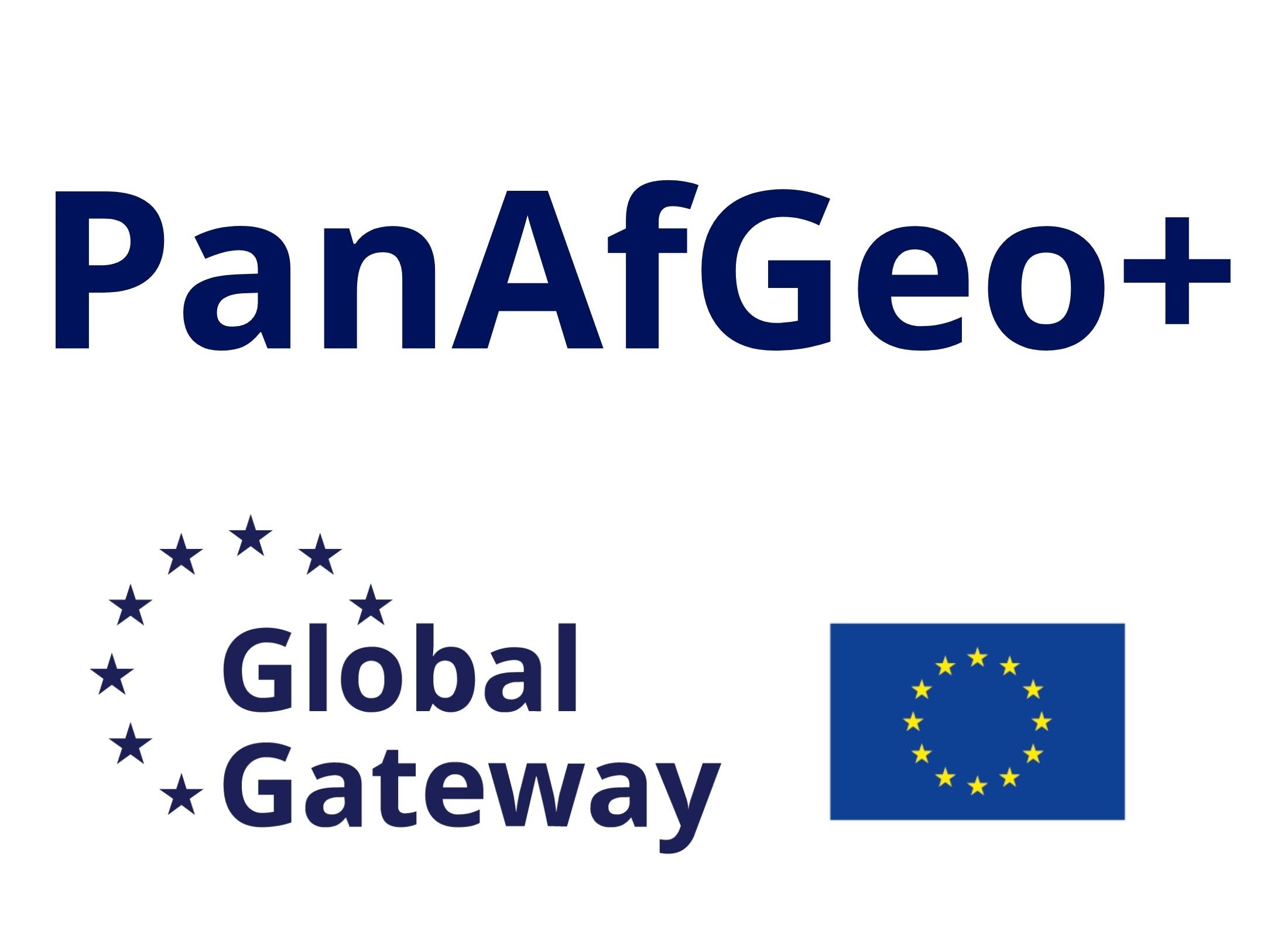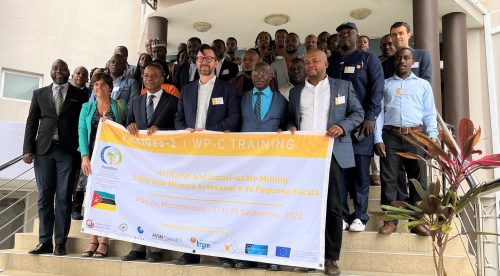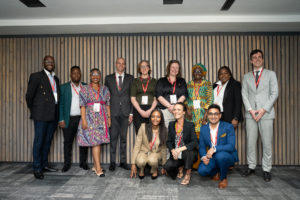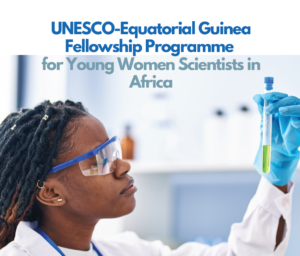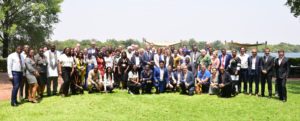The Work Package (WPC), on the subject of Artisanal and Small Scale Mining Exploration (EMAPE), held its training session in English/Portuguese from 27 to 30 September in Maputo, Mozambique.
The training session has the participation of 16 delegations from English and Portuguese-speaking countries of the Southern Africa region, which are: Angola, Botswana, Cape Verde, Swatini, Zambia, Ghana, Guinea-Bissau, Lesotho, Liberia, Mozambique, Namibia, Nigeria, Sao Tome and Principe, Sierra Leone, South Africa and Zimbabwe. In addition to the aforementioned delegations, African specialists from Mozambique, Ghana and Zimbabwe, and also European specialists from Portugal, Denmark and Belgium.
This training by the various Geological Surveys of English and Portuguese-speaking countries in the Southern African region allowed for 4 days of exchange of experiences on the subject of artisanal and small-scale mining exploration (EMAPE). Each delegation had the opportunity to present the geographic and geological context in which the artisanal mines in their country are inserted while framing the sector of exploited substances, the applied legislation, the level of organization of the miners, the role of the Geological Services and also the environmental impacts, health and socio-economic issues related to the EMAPE sector of each country.
Additionally, experts from the artisanal mining sector were invited and were also able to contribute to this exchange of experiences. Therefore, the organization of an artisanal mining site, as well as health, environment and safety issues were addressed by Dr Dennis Shoko and Prof Salvador Mondlane from Zimbabwe and Mozambique respectively. Socio-economic impacts and the role of women in the artisanal mining sector were addressed by Executive Director Dr Iracema Maiópuè of the Woman’s Means of Life Association. The issue of conflict between EMAPE operators and criminal groups, as well as the benefits of formalizing the activity as a path to responsible mineral exploration, were presented by the International Peace Information Service (IPIS). The benefits of using Remote Sensing as a tool to monitor EMAPE sites and its support to the State were presented by Dr Abdul-Wadood Moomen of UENR in Ghana.
The handbook of Artisanal and Small-scale Mining for the Southern African Region (in Portuguese) is available here.
The scientific presentation (6 nos) of the training session is available here.
The pictures from the WP-C training session can be downloaded here.
